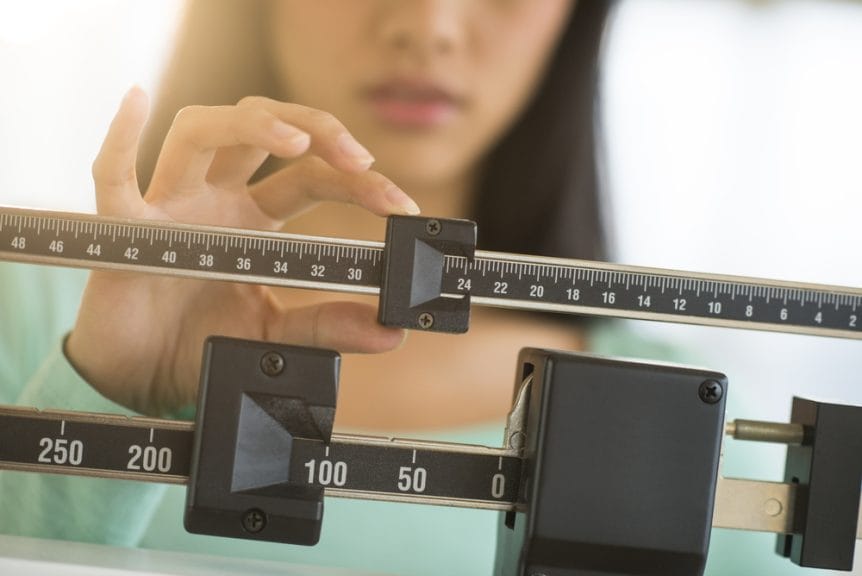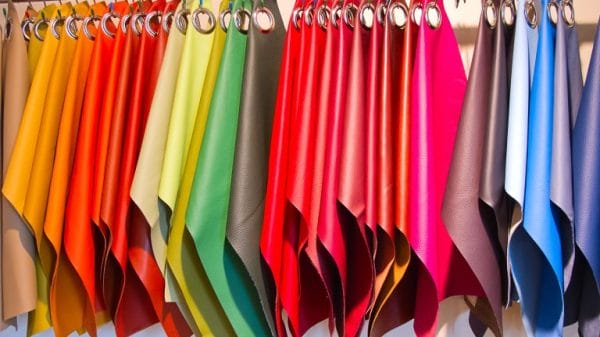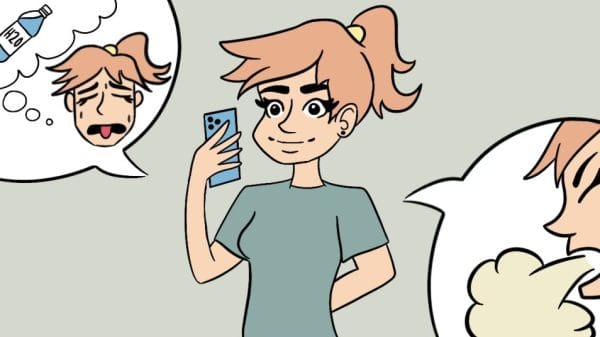Growing up, I was always a larger girl. I was what borderline fatphobic people would call chubby, chunky, and so forth. They would say (with hope and a hint of adoration) it was just baby fat I was growing out of. As a child, I never knew what this meant, but I never felt good about it.
Continuing on my journey to grow up, in junior high and later high school, I was painfully aware that my large stature was undesirable, and I knew exactly why, but no matter what I did, I could not lose the weight. Fatphobic expectations in social media made me believe that my proximity to thinness was my most important feature.
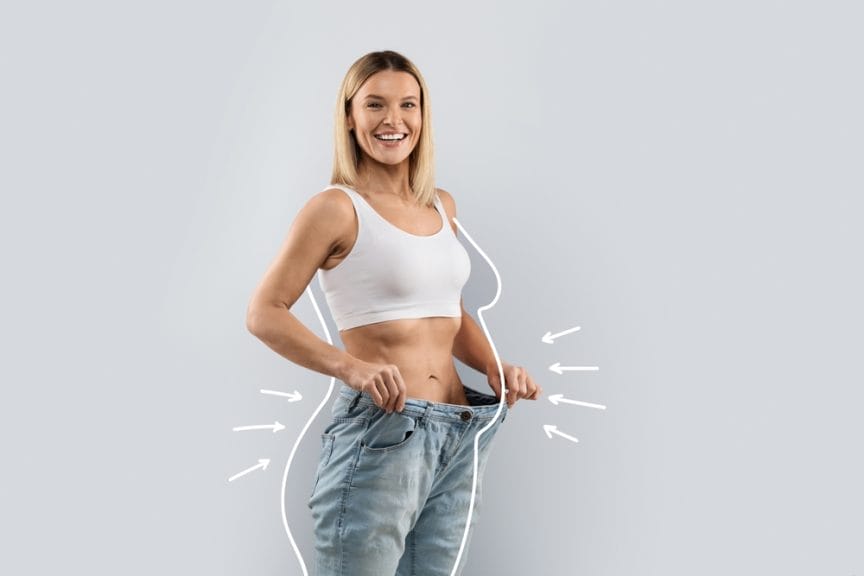
I did everything to become smaller. I dieted, did athletics, went to the gym, and was in club sports. There was not a day that went by that my body was not moving and hustling. But, I could not make myself look or seem more appealing. It was as if my size or the “trendiness” of my body type were everything. No amount of personality could make boys like me or make girls quit being fat-phobic and act like my real friends.
Social Media & Fatphobia
Social media plays a vicious role when it comes to fatphobia and society’s expectations of girls and women’s bodies. These trends come and go, traveling from one platform to another. In the early-to-mid-2010s, we had Eating Disorder Tumblr rising in popularity, and young girls would seek out or give out tips on how to become thinner through disordered eating.
Now, in 2024, we have a different aesthetic or body type trend being perpetuated through TikTok. Recently, there has been the “twee girl aesthetic,” the “clean girl aesthetic,” the “mob wife aesthetic,” and even “legging legs.” This is just the same word twice, for crying out loud, and now 12-year-old girls everywhere think they’re fat. Ladies, listen, if your legs go into leggings, congratulations! You have legging legs. These expectations are not only unrealistic, but they can also lead to body dysmorphia or eating disorders. There are two things young girls and women should never have to think or feel about.
The Benefits of Thinness
Many people do not believe the world is kinder and easier for thin people. Sometimes, this even seems to strike a sore spot with them. However, let’s remember that saying plus-size people face more adversity because of their size does not take away from someone else’s struggles. It just acknowledges that plus-size individuals face more adversity and barriers due to their size and body shape.
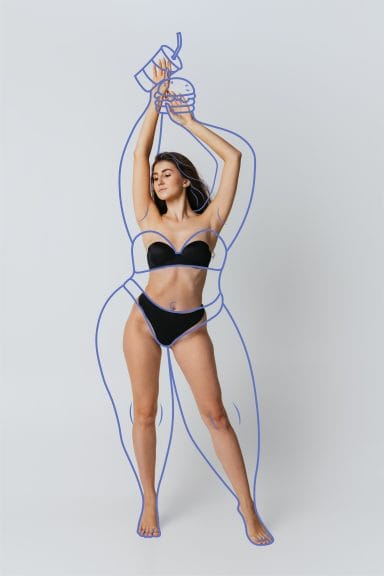
From my personal experience of being both fat and thin, as a thinner woman there are several instances of how fatphobia works and how thinner individuals are treated in comparison.
For example, I make more tips at work, more people find me approachable, and people want to talk to me and hear my thoughts. In addition to my personal experience, an article published by self.com, “How You Might Be Benefiting from Thinness—Even If You Don’t Feel ‘Thin,’” shares data explaining the wage gap between plus-size and straight-size employees. On average, plus-sized employees made around 2,500 dollars less than their coworkers.
Another benefit of being thin is receiving the care you need when visiting the doctor. The mistreatment experienced by fat people in the healthcare industry is measurable on a spectrum. What this means is, your proximity to thinness determines how the doctors and, ultimately, the world will treat you.
For instance, a woman of a larger size will hear more about needing to lose weight than she will about what is ailing her. However, it is typical for smaller women to get the care they need when they need it. The size of their body doesn’t create any extra barriers to their everyday struggles.
Effects of Fatphobia
It is crazy to witness how a woman’s proximity to thinness can help make the world kinder to her. There are many societal expectations and social media trends for how a woman should look, feel, and exist. However, as we all know, there is no such thing as a “perfect body.” Various factors go into the composition of a woman’s body.
For example, hormones and other ailments of the reproductive system play a big part in the way a woman’s body looks, and exercise cannot always remedy the way our bodies look. Nor should it be the expectation for a woman to be fit to have respect.
It was not until this past year or so that I started to notice the ways the world had changed for me since I had lost weight, and I am not too sure I will ever understand why. Fatphobia affects everybody because it pollutes the mind into believing the worst thing a woman could be is fat. Fatphobia leads women to believe it is wrong for us to live in our bodies, to love our bodies, and for our bodies to take up space.
Conclusion
The stigma and stereotypes surrounding plus-size bodies affect everything plus-size individuals do, think, wear, and how they decide to move through the world. Women are judged by their looks through microscopic lenses, and plus-sized bodies are scrutinized even further than those of smaller bodies. Fatphobia leads plus-size women to believe we have to have extra qualities and attributes that are not physical just to make up for the fact that they are not thin.
How have we become conditioned to think this way about others’ appearances? When can we expect to see any change in these ideologies and harmful stereotypes we see perpetuated against plus-size women?


